
OR
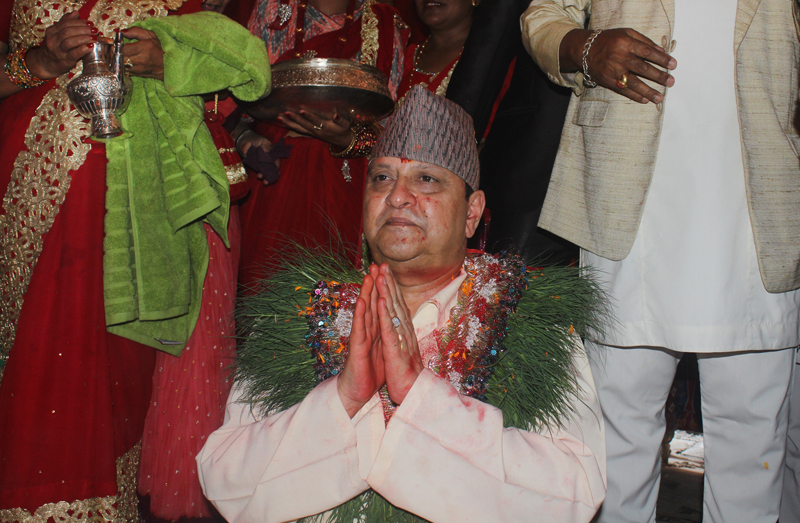
More from Author
The ex-king needs to spend some of his money to establish research centers and think-tanks. That will make people take him more seriously
Ex-king Gyanendra has spoken yet again against the pathetic state of the state these days. His recent statement resembles the thinking of the majority. Yes, our unity is challenged and we do not know where this will all lead to. But, if he is hoping for a comeback—and nothing is wrong with that as politics is all about maximizing one’s interests—he needs to reinvent himself to solve the very problems he has highlighted in his statement.
True, a vast majority is unhappy with what is happening in the country these days, but that does not translate into them wanting him back at the helm again—not after experiencing his direct, albeit short-lived, rule in the not-so-distant past. As someone who has immense faith in the institution of monarchy, I believe Nepal would be much better under a reformed monarchy, than the tyranny of the few we are witnessing today, but as things now stand, that is a tall order.
Nonetheless, if the ex-king wants to make a comeback, first of all, he needs a plan to solve the problems he has highlighted in his statement. Just exactly how is he going to unite us all? If he thinks that all will be well once he reenters the scene, he couldn’t be more mistaken.
And how exactly is he going to counter the growing foreign influence in Nepal, when he himself is counting on foreign help to make a comeback?
As someone who views the ex-king as a patriot who is not getting honest advice from the palace republicans who surround him (the same people responsible for his downfall in the past), here is what I feel he must do to even be considered a political player in the changed context.
Yes, the king has every right to blame the political parties for the current turmoil. But he also has to admit that current problems have their roots in the past. So, to appeal to the skeptics and cynics, he has to admit that the Panchayat after the death of King Mahendra made serious mistakes in dealing with ethnic issues.
King Mahendra was right in imposing “one country, one culture” policy because during his reign Nepal had just entered the modern nation-building phase. Differences between the ethnic groups had to be played down and a singular Nepali identity imposed to safeguard the independence and territorial integrity of the country. And he did what the time warranted. But in the 1980s, when Nepal’s independence and territorial integrity was firmly secured, the Panchayat, instead of reviewing and making timely adjustments—i.e., by recognizing the ethnic and linguistic diversity of the country to make all ethnic groups feel at home—continued with Mahendra’s policy. As a result many languages and cultures are on the verge of extinction today.
Even those who love the crown love their individual culture and language more. The failure to recognize this simple fact is one reason behind the institution’s downfall—and for all of today’s disunity in Nepal. In his short reign, if King Gyanendra could have gone about addressing this issue, then things could have been different today. But he overlooked the problem and the Maoists exploited it by promising every ethnic group their own state. He could have established a committee to address the genuine grievances of various ethnic groups to counter the Maoist use of ethnic politics, but he failed to do so.
True, his reign was short-lived, but he represented the institution that after the 1980s did nothing substantive to address ethnic issues. Now he has to swallow his pride and genuinely ask for people’s forgiveness for the institution’s failure. And if has plans to unite all of us again, he should not shy away from floating these issues for public debate.
Similarly, the ex-King, for whatever reasons, has not been able to dissociate himself from Hindu groups and portray himself as a patron of all religions. Of course, the Hindus are a majority in the country, but the king belongs to all. He couldn’t reach out to all and the Maoists were quick to exploit this shortcoming as well. And the ex-monarch doesn’t seem to have realized this even a decade after his downfall. Visiting others’ places of worship will not make him any less of a Hindu, actually it will make him more of a Hindu.
So, just as he is seen visiting Hindu temples with his grandson, he should also visit Buddhist stupas, mosques, churches and gurudwaras with his grandchildren. (Please ask yourself, why the great kings of the past built Hindu and Buddhist temples, allowed a mosque near the royal palace and allowed the Muslims to live in the vicinity of the Hanuman Dhoka royal palace.)
Likewise, we also want to know how he is going to counter the growing foreign influence and interference. Jet-setting to Beijing and New Delhi is definitely not the answer, and if he thinks that gaining the support of one to counter the other is going to work, he must realize that it did not work in the past—actually this faulty line of thinking was one reason for his eventual downfall—and it will not work today. Any power that is willing to back him will do so only for its own advantage and in the long run, it will make things worse because it will make people question his patriotism. So far he is considered a patriot, albeit a mistaken and misguided one, but making a comeback by piggybacking on either of our neighbors will only make people think, and rightly, that he is no different to the politicians whom he criticizes for lacking nationalism.
Therefore, instead of pursuing a contradictory policy of countering foreign interference by counting on foreigners, he should be open and honest about his foreign policy objectives.
In both public and private, he should assure our two neighbors that he will address their genuine concerns if he makes a comeback. He should focus on getting their support for monarchy, if and when it is reinstated by the people of Nepal, rather than count on their support for such reinstatement.
The ex-king, as of today, is a citizen of Nepal and quite rich. Therefore, listening to the people by organizing interactions and hosting seminars, conferences and workshops on current problems is not a problem for him, politically or financially.
He needs to get out of his comfort zone and deal with the people other than those who surround him. He should have the courage to hear all voices and change his policies and priorities based on the feedback. It is time he did some serious thinking on his own to figure out ways to appeal to passive monarchists, republicans and today’s youth. “Rise ye people, rise” kind of statement is not going to win him many converts.
To conclude, he needs to embody the concept of raja sabko sajha (“the king belongs to all”). Genuine introspection, apologies and interactions with the people from all walks of life will help him win many converts and eventually his lost position. Wishing various ethnic groups celebrating their major festivals in both Nepali and their own language and enthusiastically participating in their celebrations is one small step that can be taken right away to create positive public image. He also needs to spend some of his money to establish language and research centers and think-tanks that will make people take him seriously. At best, it will lead to the revival of monarchy, and at worst, they will be our own Ford and Rockefeller foundations and academy of social sciences—that’s a good legacy to leave behind as well. He has nothing to lose, except some money and we all know his majesty is a very rich man.
It is up to the ex-monarch to save us monarchists from becoming extinct. Lèse-majesté, it is not, sarkar.
trailokyaa@yahoo.com
You May Like This

A LETTER TO MY DAUGHTER
I feel so lucky and blessed to have you, in my life. My world changed since the day you came... Read More...

How to write a grad school recommendation letter
Once you have a few years of experience under your belt, there’s a good chance you’ll be asked to write... Read More...
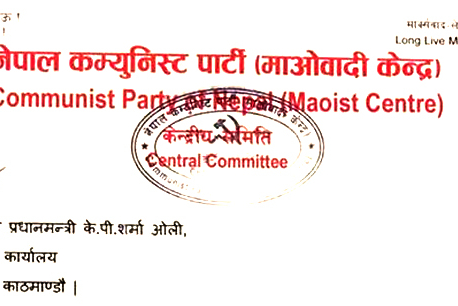
The letter that marked Maoist-UML divorce
KATHMANDU, July 12: After deciding to pull out of the government, the CPN (Maoist Center) Chairman Pushpa Kamal Dahal sent... Read More...



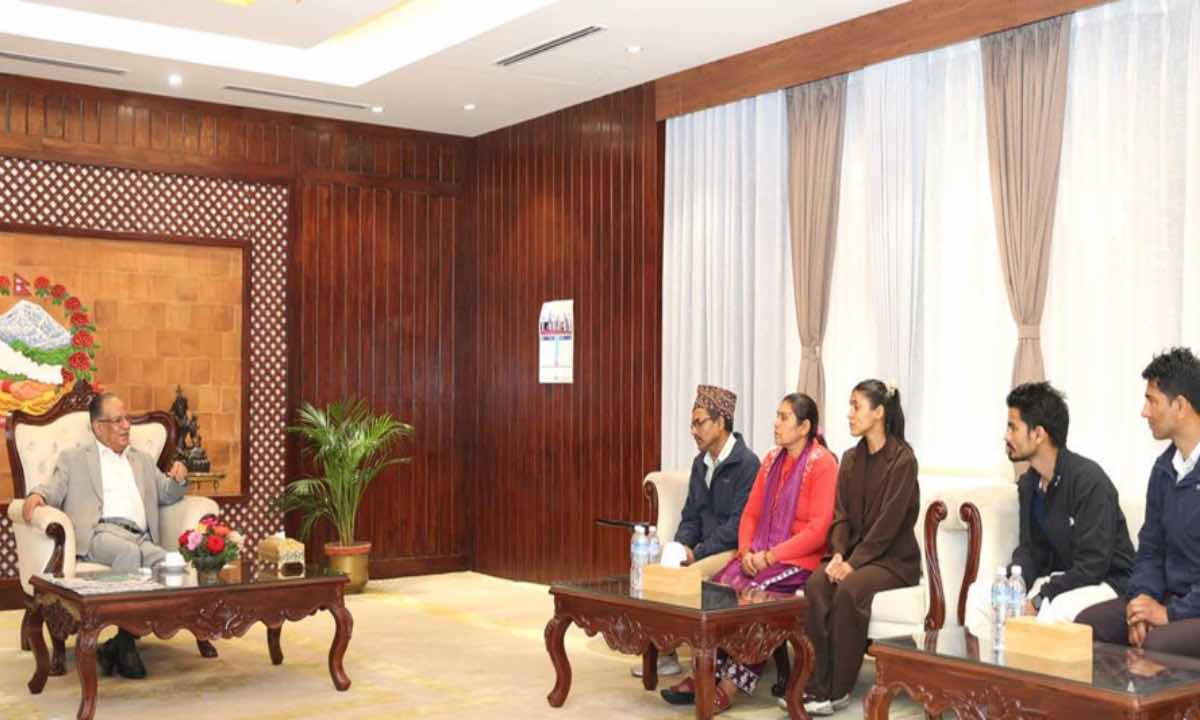
Just In
- Chemical fertilizers imported from China being transported to Kathmandu
- Man dies in motorcycle accident in Dhanusha
- Nepal face early setback as four wickets fall in powerplay against UAE
- Australian unemployment rate rises to 3.8 percent in March
- Gold price increases by Rs 700 per tola
- Fire destroys wheat crop in Kanchanpur, Kailali
- Bipin Joshi's family meets PM Dahal
- State Affairs and Good Governance Committee meeting today



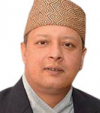










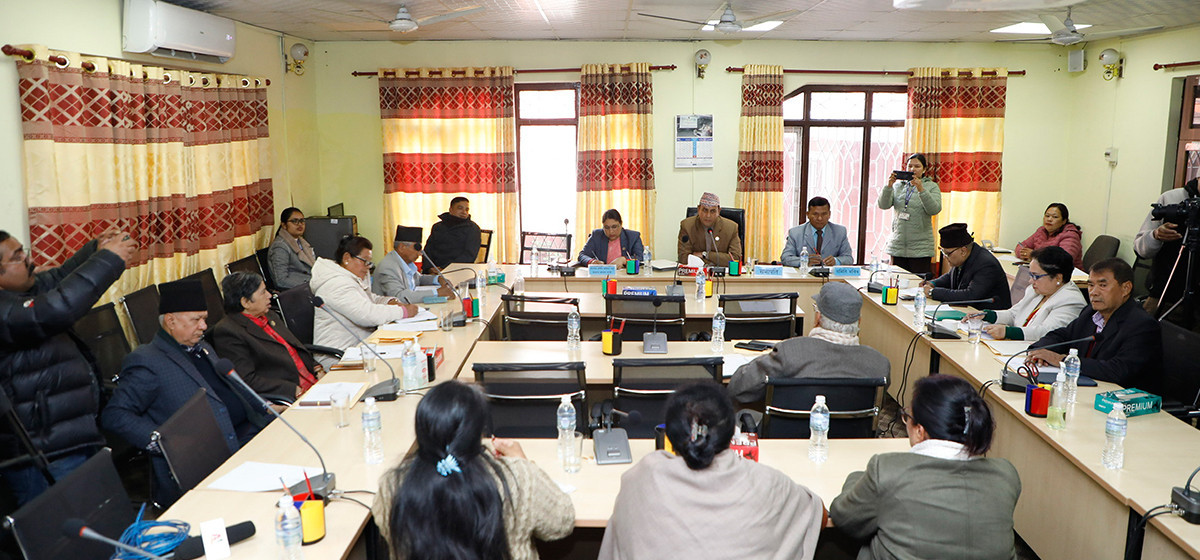
Leave A Comment